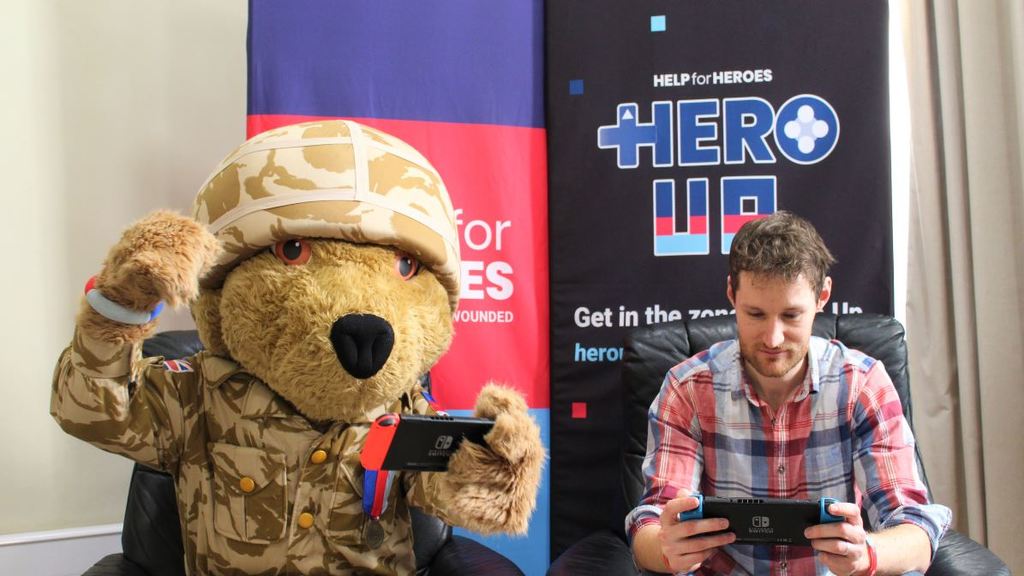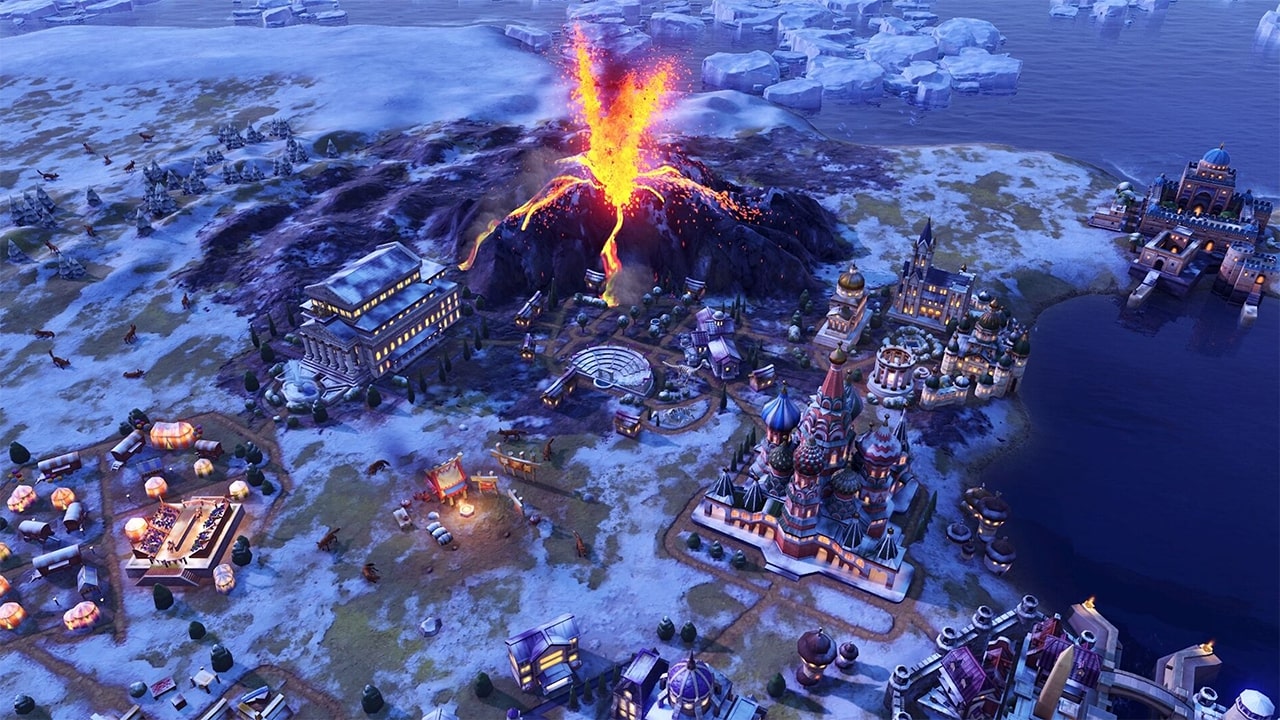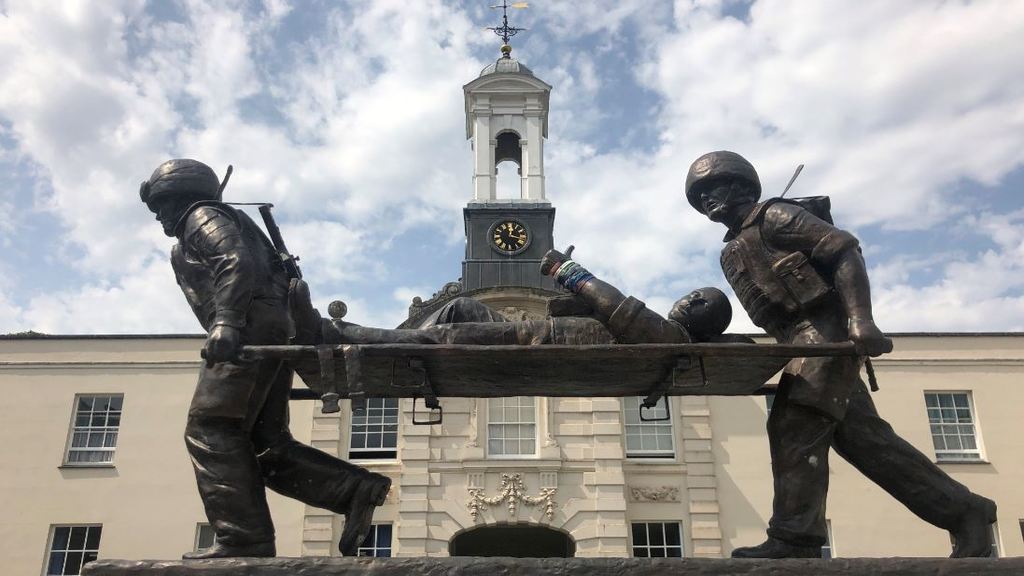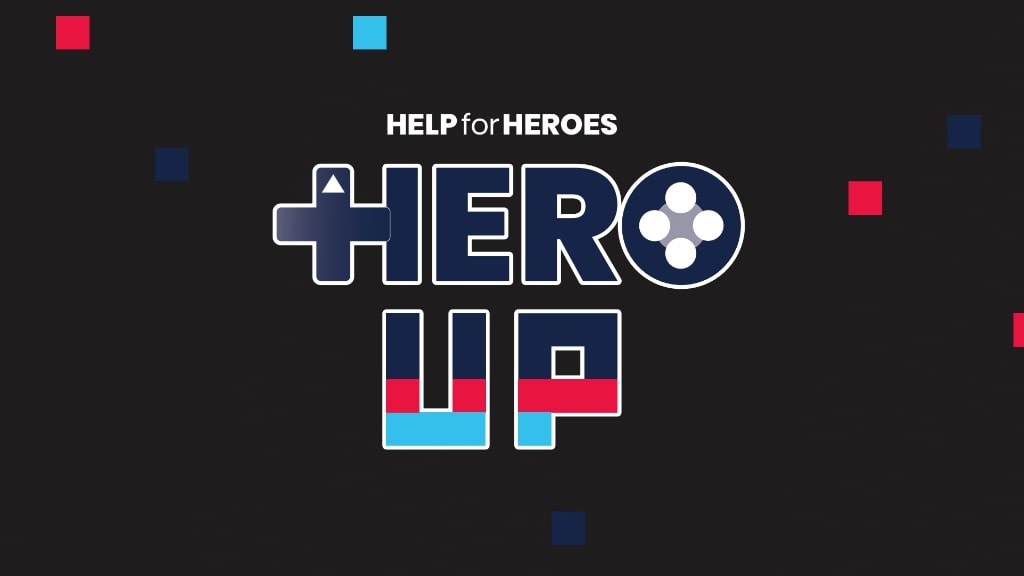How Help for Heroes is channeling the fundraising might of video games to support veteran rehabilitation and recovery
Video games are already helping veterans with their recovery journey, and here's how you can get involved


It's time for video games to have their say on the climate crisis, before it's too late
The end of a war is, typically, a cause for celebration. Just ask any child of the 1940's baby boom. One of the unfortunate side effects of a return to national peace time, however, is something that most of us won't have even considered; a steady and constant decline in fundraising and financial support for veteran services. Yet, as Help for Heroes' head of fundraising, Andy Johnson-Creek, explains, "PTSD isn't something which just goes away overnight."
"Even though we're not at war, something like five to seven people a day still get medically discharged from the armed forces, which means their career is over, they're potentially losing their house, they've got to take their kids out of school.... That happens to people every day. But people don't see that because it's not in the news. But, actually, that's a life that's changed."
That decline in both awareness and charitable donations is part of the reason why Help for Heroes is launching its new fundraising initiative, Hero Up, which aims to channel the influential power of the games community and raise money for the charity via a 48 hour livestream starting this Friday.

"Many veterans find video games to be a really helpful kind of distraction technique."
Sarah Jones
The charity's pivot into the gaming market hasn't come out of nowhere. Many veterans across the UK turn to video games as a form of therapy to help them on the road to recovery, as Sarah Jones, Help for Heroes' head of psychological wellbeing, tells me.
"Many veterans find video games to be a really helpful kind of distraction technique. It's something that's available in their own homes at any time, night or day, so there's an accessibility factor to it as well. When we talk about psychological difficulties and moments of discomfort, that usually will happen in the early hours of the morning; if there's something that allows them to come away from that immediate distress for a moment, that can help them to manage it."
"There's also the potential mechanism of helping veterans focus as well," says Jones. "One of the common things that I would often hear people mention when they talk to me about anxiety is that they struggle to just sit down and relax or watch TV for even 10 minutes. So video games can be another avenue for someone to feel that they can sit still and concentrate on something for an extended period of time."
Health restored

Of course, video games aren't the only form of rehabilitative therapy that can aid veterans, whether they've just returned from duty or are still making the full transition to civilian life years after their time on active service.
Weekly digests, tales from the communities you love, and more
The Tedworth House Recovery Centre, a refurbished stately home which Help for Heroes rents from the Ministry of Defense for £1 a year, offers dozens of activities as part of its programme, including woodworking, golf, gardening, beekeeping, dry slope skiing, and more. Walking around the Recovery Centre, it's clear that – even with its MoD-subsidized letting agreement – the kind of services that Help for Heroes provide at Tedworth House doesn't run on goodwill alone.
"The veteran community is only growing and the need there is only growing," says Johnson-Creek. "So we need more fundraisers to come forward, we need more people to donate. 95% of what we can do is funded by people, whether that's streaming or running marathons or whatever it is, it is so important."
Streaming, despite still being a fairly nascent platform, already has a proven track record when it comes to fundraising, with initiatives like Extra Life and Games Done Quick earning millions for charities across the non-profit sector. Help for Heroes is hoping to "get a piece of that pie" with Hero Up, as Johnson-Creek puts it, which allows anyone with a streaming account to take part over the weekend.

That demographic, of course, generally skews younger and tends to be more connected to online communities than most, which is part of the reason why Help for Heroes is reaching out to them for its latest initiative. As Jones explains, Hero Up isn't just about generating donations, but pushing the work of Help for Heroes back into the centre of national conversation.
"It might be that some people have heard about our charity, but they haven't heard about it for a little while, because it hasn't been right in the forefront of their mind. It makes the reality of the needs of the charity more current, and it ties into that idea of the promise that we've made to our beneficiaries, which is promises that we will be there for life."
"Are the public aware of that promise? I've often had people ask me whether we need Help for Heroes anymore," Jones continues. "On the contrary, we have increasing referrals for psychological support, and it's not going down. It's going up. So it's kind of bringing that reality back to people's awareness. It's like planting a little seed that says, yes, we're still here."
To get involved with Hero Up, find our more by following this link, or watch below for our latest episode of Dialogue Options.
I'm GamesRadar's Features Writer, which makes me responsible for gracing the internet with as many of my words as possible, including reviews, previews, interviews, and more. Lucky internet!



